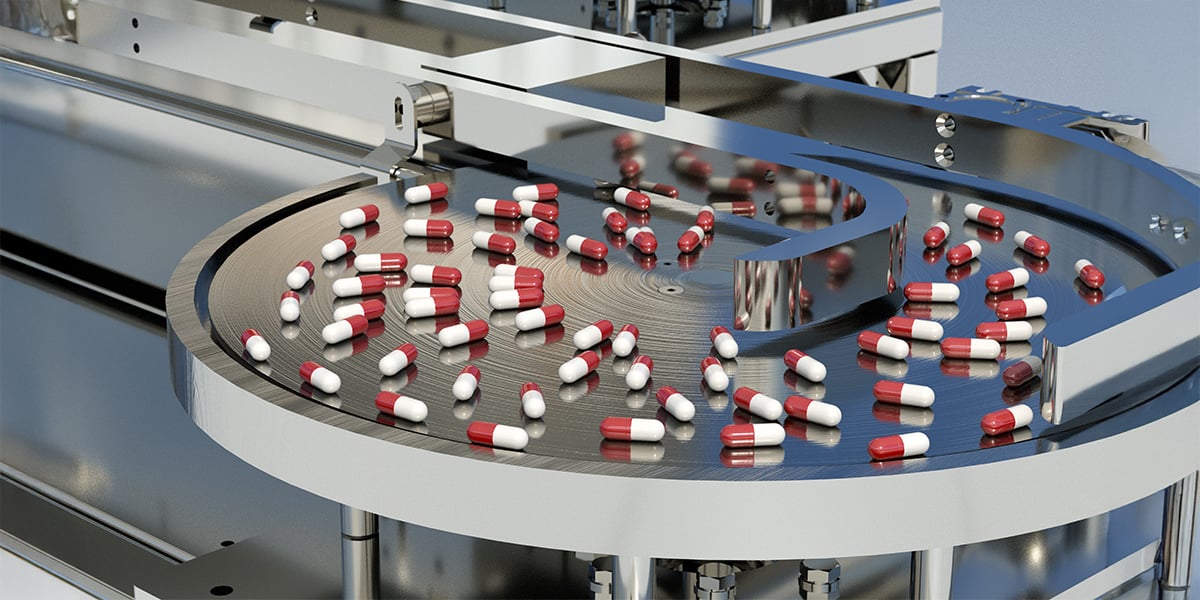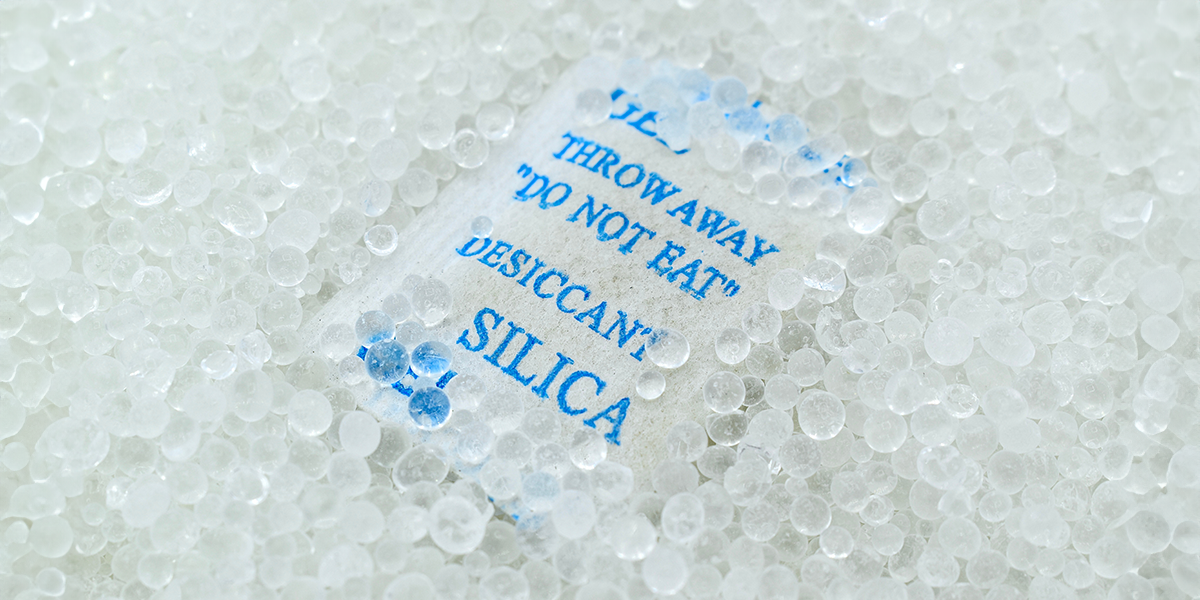Enhancing Pump Reliability with Predictive Analytics
Key Takeaways: By leveraging encoder and sensor data in smart pump systems, OEMs can proactively schedule maintenance, optimize performance, and...
2 min read
Blake Webb : Updated on July 22, 2025

In pharmaceutical development and manufacturing, precision fluid control isn’t just nice to have - it's mandatory. Selecting the right pump directly impacts assay fidelity, production reliability, and regulatory compliance. While traditional options like peristaltic, syringe, and gear pumps dominate many lab and manufacturing floors, Fluid Metering’s rotary reciprocating piston pumps present a powerful alternative - particularly in high-precision, pressure-sensitive applications.
Why Rotary Reciprocating Piston Pumps Excel in Pharma
Fluid Metering specializes in rotary reciprocating piston pumps - a unique technology that combines the linear accuracy of syringe pumps with the continuous flow capabilities of rotary designs. This hybrid approach delivers ultra-precise metering (1% C.V., 0.5% precision) even under varying back pressure conditions - a critical requirement in chromatography, filtration, and blending processes.
Top applications today include:
Comparing Pump Technologies in Pharma
|
|
|
|
|
Piston Pump |
|
Not natively single-use, flow rate ceiling |
|
Easy to sterilize or replace, low cost |
|
|
|
High precision, great for batch dosing |
|
|
|
Gear Pump |
High flow, compact |
|
Fluid Metering's ceramic pump heads are inert and low-shear, enabling the safe transfer of monoclonal antibodies, silica-based beads, and shear-sensitive biologics. While not traditionally considered single-use, the head assembly is easily replaceable, and autoclavable versions are available for regulated applications.
Built for Integration & Control
Pharmaceutical customers increasingly demand smart, connected systems. Fluid Metering supports that need with flexible control options:
Fluid Metering pumps are designed to last the full life of an instrument - minimizing downtime and long-term maintenance costs.
Expanding the Horizon
We see strong potential in:
Fit-for-Purpose Precision
Pharmaceutical research development and manufacturing teams should select pumps based not only on cost or throughput, but also on fitness for purpose - especially in high-value applications like chromatography or biologic formulation. Fluid Metering’s rotary reciprocating piston pumps offer an unmatched balance of precision, chemical compatibility, and robustness. As pharmaceutical processes continue to evolve toward smaller batches, higher mixes, and stricter validation standards, Fluid Metering’s technology is poised to become a foundational component of fluidic control.
For engineers, scientists, and system integrators who value long-term reliability and rock-solid metering, it may be time to re-think what piston pumps can do to help you achieve your goals.

Key Takeaways: By leveraging encoder and sensor data in smart pump systems, OEMs can proactively schedule maintenance, optimize performance, and...

1 min read
Key Takeaways: Fluid Metering’s precision pumps for silica bead slurries handle particle sizes from 3µm to 800µm with low shear, no entrapment, and...

Key Takeaways / Highlights Piston pumps(rotating and reciprocating) offer unmatched precision, chemical resistance, and longevity—ideal for...